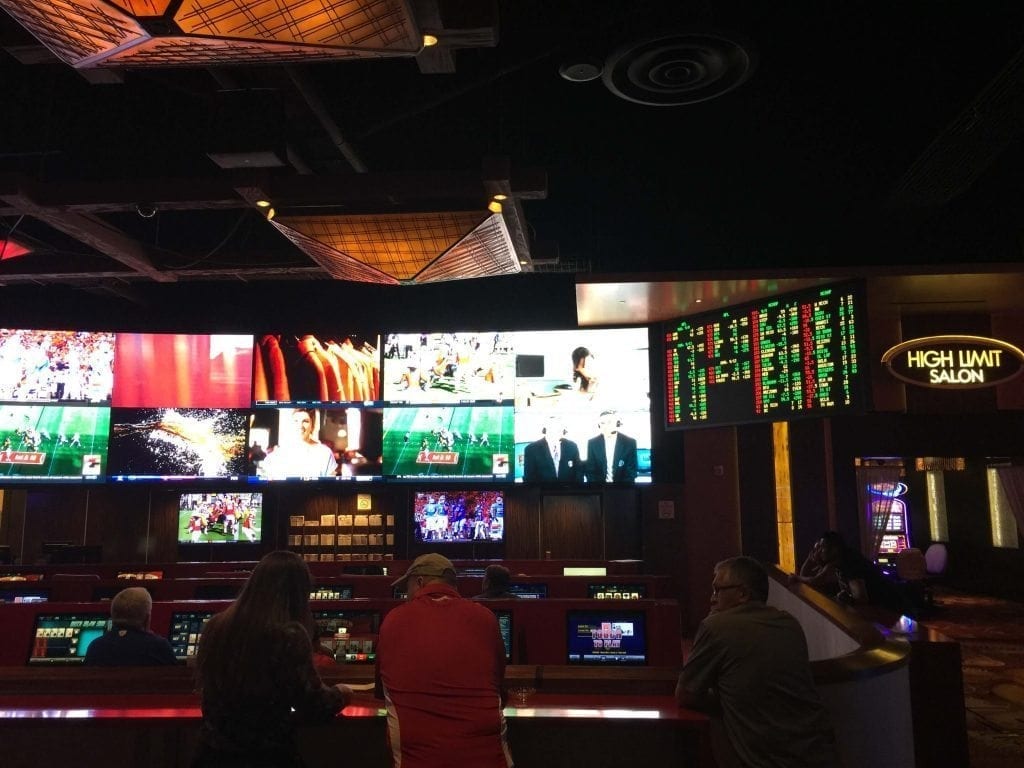
Odds on the Presidential election are unchanged more or less from when I wrote the introductory article last week. BetFair.com is my go-to site for determining these odds because they have the largest public volume of wagering on the event, making it the most accurate theoretically.
Hillary: 1.46 = 68.49% (a winning bet of $100 would return $146)
Trump: 3.5 = 28.47% (a winning bet of $100 would return $350)
You likely noticed that these numbers don’t add up to 100%. This represents a small, but existent, expectation that another name could win such as if one candidate were replaced before November.
Momentum
One hears a cacophony of terms in election years. Every day there are new polls: state polls, national polls, polls of various groups, polls of polls. Terms such as momentum, inertia, swings, surprises, dips, gaffes, and running-out-the-clock, all are used by the pundits to describe movement in the race. They may not realize it but the underlying basis of what they’re reporting is simply the change, or stasis, of probabilities.
Momentum is one term that has often intrigued me. It was used more often in the primaries to describe the races of Sanders versus Clinton, and Trump versus the field of GOP candidates. Is there such a thing as momentum when it comes to an election, and if so, where does it come from? Or is it just a term used by talking heads, to keep their lips moving and earn their paycheck?
Is there momentum in sports? You’re probably nodding yes, but stop for a moment and think. One team is down by 20 points. They score twice and now are down 6 points. Do they have momentum? Which team do you expect to score next? You could argue that perhaps one opponent is for some reason more vulnerable than they were. But unless there were to have been an outlier variable such as a key injury altering the odds, I’m still going with the team up 6 points. They’re getting the ball next and have up to this point demonstrated superiority over their opponent. I see no logical reason to give the recently-scoring team an extra quantity simply for the recentness.
The common example you hear gamblers say is that on a perfectly-calibrated roulette wheel if the color RED hits on the RED/BLACK (and a little green) wheel eight times in a row, what’s the next spin going to result in? Some will say RED because clearly there’s a trend. Others will say BLACK, because it’s DUE. The logic behind either solution is absent, and the likelihood of either is equivalent.
So is there momentum in politics? I would have said yes at one point in time. A candidate can seem to “turn it on” and use one win to propel the next one, analogous to a snowball rolling down a hill. But I’ve begun to view a political race in the same way as my two prior examples; momentum in politics is something that is only viewed in the rear-view mirror. It’s looking back at a significant trend in the last two weeks, but there is no inherent relevant reason.
The only factors I’ve seen to be conclusively relevant are the conventions. There’s always an impact, a bounce, from the major party conventions. This year was no different.
The Odds
Upon conclusion of the GOP convention, Trump had his best percentage from oddsmakers at 33%. A week later at the end of the DEM meeting, he was at 22%.
This trend is something that I think can be bet blindly every election cycle. If you’re familiar with stock investing you have likely heard the term arbitrage. It’s making two opposite bets at odds that guarantee a win.
Had one bet $1,000 on Hillary after the GOP CONV, and then a reciprocal amount on Trump after the Dem convention that person could have locked in a profit either way. Every Presidential election cycle this is free money for those so inclined.
Elections are like Super Bowls. They’re statistical events tied to random number generators. The question is which one is really important?
Also read:
Basics Of Betting | From The US Presidential Election To Baseball
David Walton's first introduction to gambling was when he was in the US Navy on a submarine in 1995. After graduating from the Navy Nuclear Power School he spent many months at sea on the USS Bergall SSN 667. When they spent three days at the island nation of Curacao he visited a casino and played blackjack and lost 200 bucks but became interested in the game. He trained himself to learn card counting and upon leaving the Navy in 1997 has worked as a gambler ever since. David's been betting sports since 2001. He won the Ultimate Blackjack Tour featured on CBS national television in 2005 for a prize of $300,000. He also wrote articles for All In Magazine from 2006 to 2008. David likes swimming and spends about 5 hours a week in the pool swimming laps. Favorite foods are sushi, Indian, Thai, and the occasional, but necessary steak, and thinks martinis should never be dirty. Liquor should be clean.












